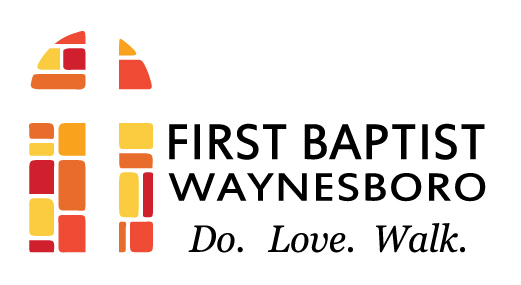Overview
Perhaps the most theological declaration you can make . . . and perhaps the most difficult truth there is to accept . . . is that we are God’s Beloved. Yes, even you. We are all made in the image of the Triune God, and we all bear the mark of the Divine. We may have forgotten this truth or slipped away from believing it, but that doesn’t change the fact that we are children of God. To believe this, can be life-changing on an individual level and game-changing on a social one. Imagine how different life would be if everyone believed they were a part of God’s ultimate design, destined to be a part of God’s created order, bearing the image of the Triune God, and loved as God’s very own. Now imagine how different societies would behave if everyone took this truth and applied it to all other people. It would be game-changing.
But the hard truth is we often forget we're God’s children, and what you can’t see in yourself . . . you’ll never be able to see in others. If you don’t see yourself as a child of God . . . it’s all to easy to not see it in others. But to claim or re-claim the truth that you are a child of God . . . not only does it free you up to accept yourself . . . to be proud of the person God made you to be . . . but it let’s you do that for others. Whoever they are. No matter how different or lost they seem. Claiming your belovedness frees you from the burden and the myth of needing to hate others. Join us at First Baptist this January as we seek reclaim the deepest and most honest truth of all: We and they are children of God.
January 5 | John 1:1-18 | We are God’s Beloved
The first eighteen verses of John is known as Prologue. It sets the stage for the gospel’s narrative by introducing major theological themes. It’s also written in as an ancient word scramble known as a chiastic structure. This means the first and last thoughts are symmetrical just like the second and second to last thoughts are. The poem works its way to a central, core verse that becomes the ‘meat and potatoes’ of the poem. For John’s prologue, and arguably the entire gospel, the hinge in which the poem turns is found in John 1:12: ‘for they shall be called children of God.’
January 12 | Matthew 3:13-17 | Jesus is God’s Beloved
When Jesus emerges from the Jordan River following his baptism, everything changes. The heavens open and a dove-like spirit descends and the voice of God booms across creation as all of time hears, “You are my Beloved in whom I am well-pleased.” I firmly believe this truth still applies today.
January 19 | John 1:29-42 | Disciples are God’s Beloved
When Jesus calls the twelve together, we see something amazing happen. Those who get to be in the Lord’s inner circle are people like you and me. It’s not just the rich or the politically powerful, but the earnest and the seeking. This unfolding in scripture sets the stage for an enormous theological truth: those who get access to God is not dependent upon your social status but rather your soul’s earnest search. This truth still applies today.
January 26 | Matthew 4:12-23 | Galileans are God’s Beloved
Something we sometimes miss in the gospels is how expansive Jesus’ ministry is. He starts small getting baptized and calling twelve disciples. But his ministry quickly expands to the poor, the sick, the the underserved, the outcasts, the women, and the lowly. It even expands regionally to surrounding cities and principalities. By the end of the gospel it even expands across the seas into other regions. As we follow Jesus’ ministry across the pages of scripture, what becomes increasingly obvious is those Jesus considers deserving to be served and loved is ever expanding which means even the Galileans are God’s beloved.

